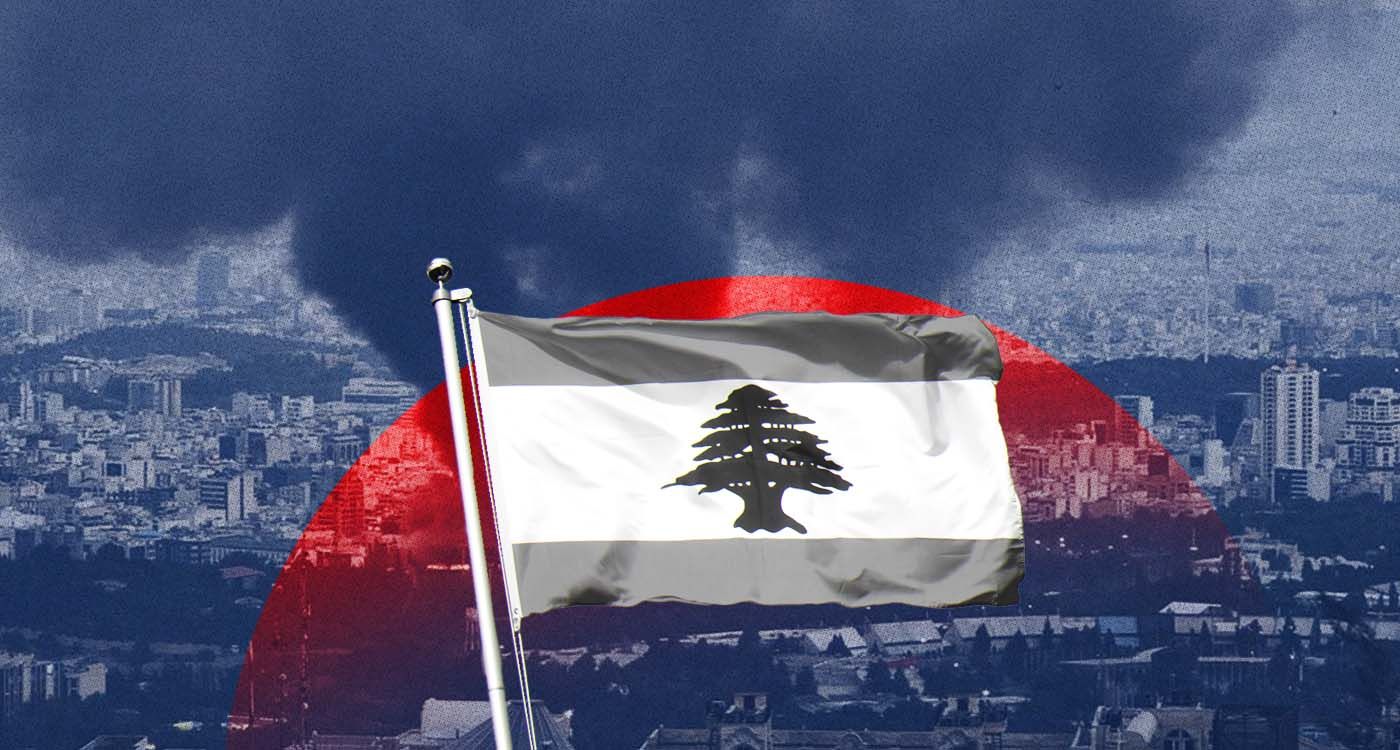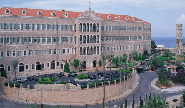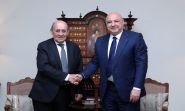
Amid a rapidly escalating conflict between Israel and Iran, Lebanon has reaffirmed its neutrality, with Parliament Speaker Nabih Berri offering personal assurances to US officials that Hezbollah will not intervene. The commitment was relayed directly to President Joseph Aoun and Prime Minister Nawaf Salam, underscoring a unified Lebanese stance aimed at preventing the country from being drawn into a wider regional war.
This diplomatic pledge comes in the wake of a dramatic shift in the conflict’s trajectory: a US airstrike targeted three major Iranian nuclear facilities early on Sunday in Fordow, Natanz and Isfahan. The strike marked Washington’s most direct military involvement to date, triggering strong warnings from Tehran. Iran threatened massive retaliation, including strikes on any state that facilitates attacks, and floated the possibility of closing the strategic Strait of Hormuz, pending security clearance after a parliamentary vote.
With the conflict now entering its second week, Israel continues its sustained aerial campaign against Iranian nuclear infrastructure and Revolutionary Guard positions. Israeli officials maintain that the operation is existential and have dismissed all calls for a ceasefire or negotiations. Iran has answered with waves of ballistic missile attacks and insists it will return to nuclear talks only if Israeli aggression ends entirely.
In a bid to coerce Iran back to the negotiating table within two weeks, the United States launched its strike and presented coordinated proposals through France, Britain and Germany. These included halting Iran’s nuclear and missile programs, ending military cooperation with Russia and allowing Saudi Arabia to enrich uranium on Iran’s behalf under US oversight. Tehran rejected the proposals as one-sided demands, reiterating its own conditions: an end to military attacks, the lifting of economic sanctions and the reaffirmation of its rights under the 2015 nuclear deal.
Meanwhile, Lebanon is working hard to insulate itself from the region’s volatility. During a visit to Beirut, US envoy Tom Barrack urged Lebanese leaders to maintain strict neutrality, advance structural reforms, assert full state control over weapons and reengage with Syria on the refugee and border demarcation files.
Prime Minister Nawaf Salam, responding to the US strike and the rapidly evolving situation, reiterated Lebanon’s commitment to national sovereignty and non-involvement. Salam and President Aoun agreed to maintain open communication channels with international partners. US Ambassador Lisa Johnson also delivered a clear message to Hezbollah: any threat to American interests would provoke a swift response.
As the conflict between Israel and Iran intensifies, Lebanon is quietly laying the groundwork for its own recovery. Restoring the state’s exclusive control over arms and enacting long-delayed reforms, particularly in the financial sector, have become immediate priorities. Western diplomatic sources stress that without a functioning banking system, reconstruction will remain out of reach.
For now, Lebanon is determined to stay out of the crossfire. The question is whether the fragile regional balance will hold.




Comments